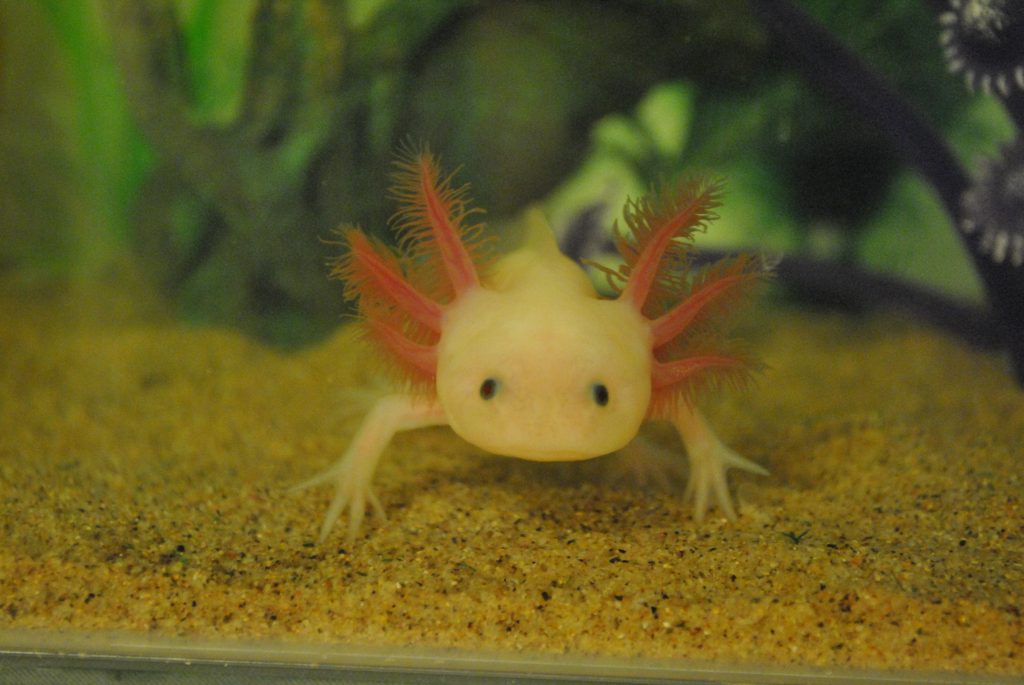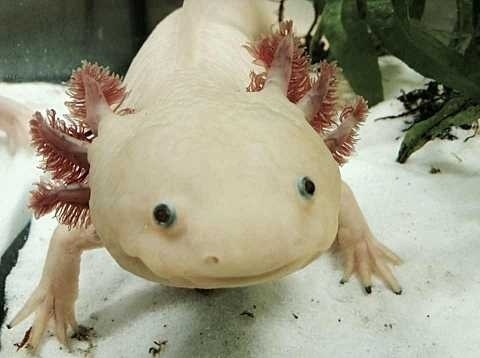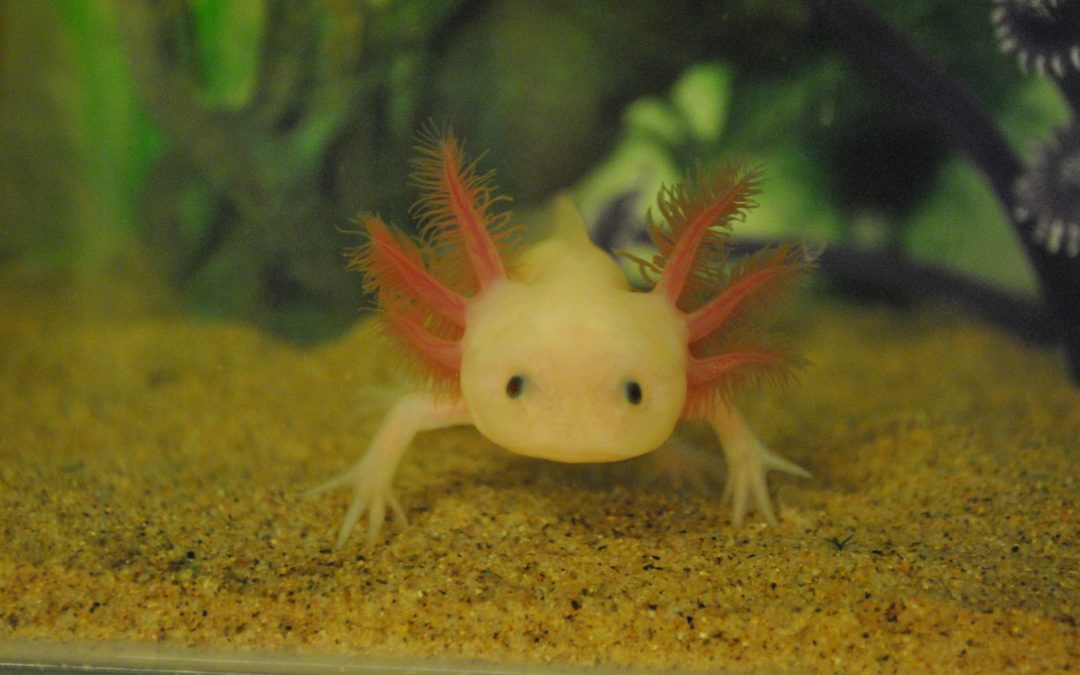 Are you planning to make axolotls as a pet? You need to know the proper way to care for it and potential hazards to its health. Learn about the potential health risks and how you can avoid them.
Are you planning to make axolotls as a pet? You need to know the proper way to care for it and potential hazards to its health. Learn about the potential health risks and how you can avoid them.
Introduction
Axolotl, which is also known as the Mexican salamander, is an amphibious creature that is related to tiger salamander. The species is believed to originate from Mexico City’s Lake Xochimilco. Unlike other amphibians, axolotls do not undergo metamorphosis before they enter adulthood. They are also aquatic and gilled instead of developing lungs.
Health & Disease
In general, axolotls are considered healthy. But still, the health of axolotls is dependent on how well they are being treated by the owner. Their immunity system might enable them to fight off common viral or bacterial attacks but it is important to know how to deal when ill health occurs.
For captive axolotls, you need to create the ideal living condition to keep them healthy. Make sure that the water flow is of the right pressure so as not to cause stress on axolotls. The ideal temperature for the water should not be more than 24-degree Celsius. Foul water can also cause health problems in axolotl so make sure you need to change the water in the tank regularly. Water quality is one of the most important factors in creating an ideal living environment for axolotls.
Fluid Disorders, Genetic & Nutritional Problems
Most of the health problems associated with axolotls are due to a genetic disorder. This can be in the form of fluid buildup or abnormal growth of the cells. When this happens, there isn’t much that you can do about it. However, you can take the axolotl to a vet wherein they will drain the excess fluid using a hypodermic needle. When the fluid is not drained off, it can lead to a host of other health problems for axolotls such as kidney or heart damage. Thus, draining the fluid out is a must.
Nutritional deficiency is also a major issue with axolotls. They have problem processing high quantity of oil and fat in their diet. You therefore have to make sure there is little amount of fat and oil in their diet. In case of health problems due to nutrition, you should immediately change the axolotl’s diet to avoid becoming affected by bacterial or fungal disease.
Wounds and Physical Damage
Physical damage and wounds are another common issue you might experience when caring for axolotls. They can lose a limb or fin but this can easily heal. However, you need to make sure that the wound isn’t affected as it will slow down the healing process. In case the axolotl suffers from a wound, transfer them to a clean and cool water. It is believed that they will heal faster when immersed in water with lower temperature.
The majority of health problems experienced by axolotls concern bacterial or fungal infection. One of the worst types of bacterial infection that axolotls suffer from is the red leg bacteria. One thing that makes it difficult to address is the fact that the bacteria is transported through the blood. The symptoms for this type of bacterial infection include visible red patches on various parts of the body.
Salmonella is also a health concern for axolotls. Just like the red leg bacteria, it is hard to eliminate because salmonella lives in the digestive tract. A vet is the best person to consult to when it comes to treating this infection. Antibiotics are often injected to axolotls to fight these infections.
Parasites
T here is a wide variety of parasites known to affect axolotls. Protozoan parasites are the most common, though. When infect with protozoan parasites, axolotls excrete mucus on their skin. Other types of potential parasites affecting axolotls are roundworms and flatworms. Both of these parasites can be dealt with by adding either salt or vinegar into the water. Make sure to check the concentration of these ingredients, though, to ensure it is safe for axolotls.
here is a wide variety of parasites known to affect axolotls. Protozoan parasites are the most common, though. When infect with protozoan parasites, axolotls excrete mucus on their skin. Other types of potential parasites affecting axolotls are roundworms and flatworms. Both of these parasites can be dealt with by adding either salt or vinegar into the water. Make sure to check the concentration of these ingredients, though, to ensure it is safe for axolotls.
List of Reportedly Safe & Unsafe Remedies/Treatments
When choosing remedies and treatments for axolotls, it is important to consult with a vet first. This is to ensure that the treatment being given is safe for the axolotls. There are a lot of treatments and products used to treat axolotls; however, you need to check their toxicity level. Some of the known unsafe treatments for axolotls include cuprazin, sterazin, clout, protozin or anything that contains malachite green.
Meanwhile, the ones that are recognized as safe for axolotls include myxazin, mercurochrome, melafix, methylene blue and flagyl, to name a few.


 Author and long-time animal lover. Sharing knowledge on pet care through experience and the written word.
Author and long-time animal lover. Sharing knowledge on pet care through experience and the written word.